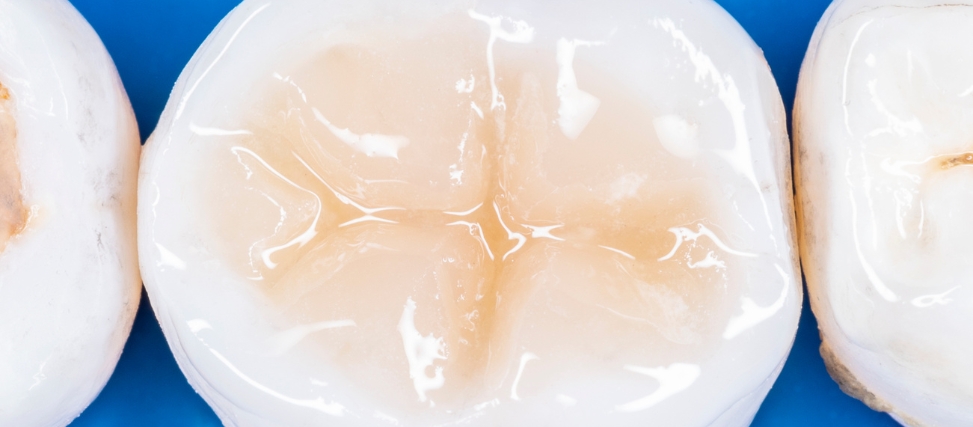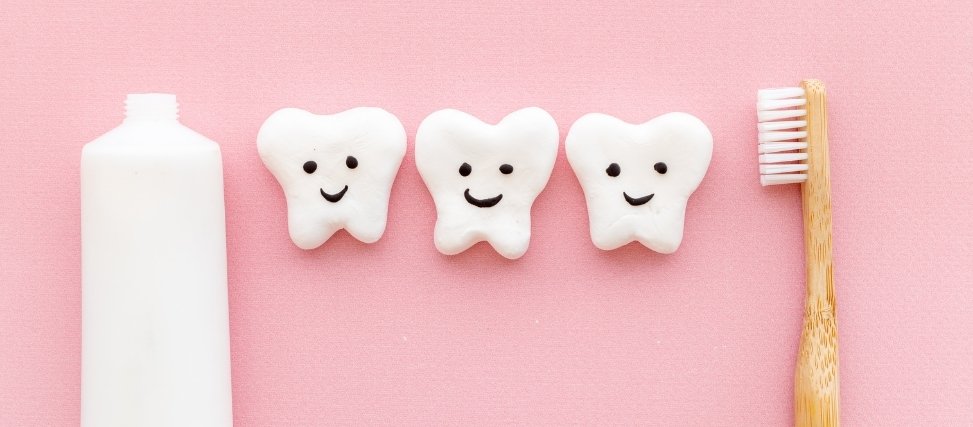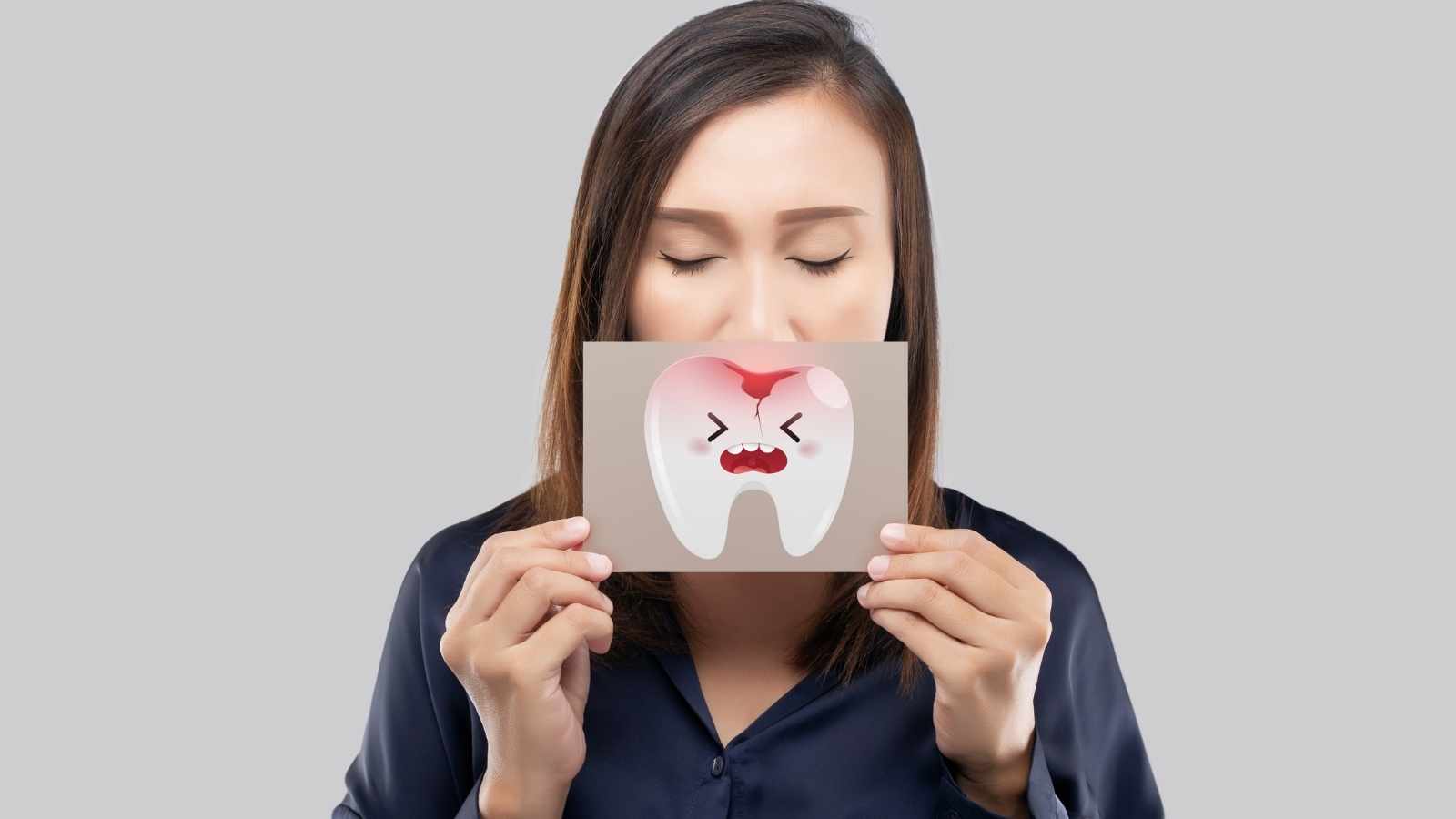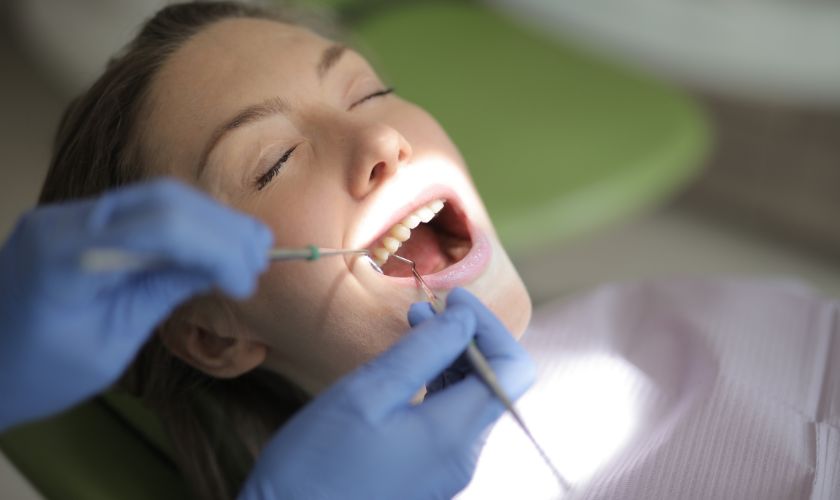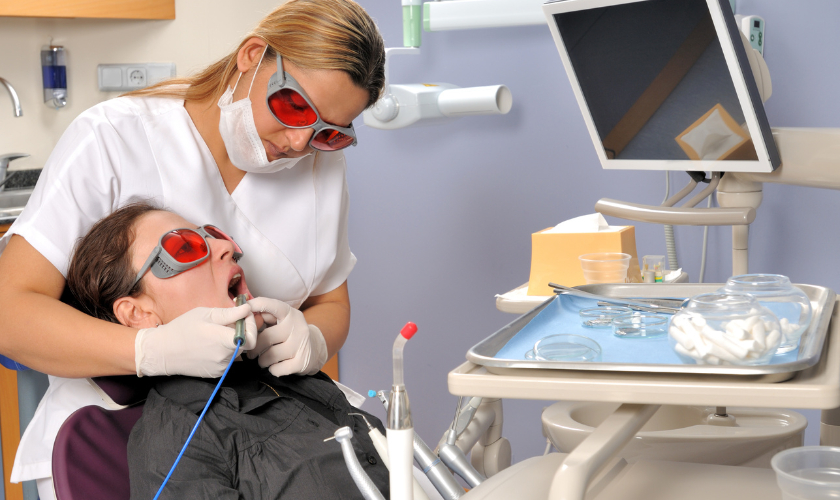Seasonal allergies introduce itchy eyes, sneezing fits, and unexpected irritation to hundreds of town residents. Seasonal allergies in Colleyville can also unexpectedly impact dental health and extend beyond respiratory issues. Allergy tablets, mouth breathing, and sinus pressure tend to destroy oral tissues in secret.
Serene Dental offers specialized strategies to help protect your gums and teeth during challenging allergy seasons. Our dental professionals provide localized expertise, ensuring each patient fully understands how to maintain optimal oral health in spite of pollen-heavy air.
How Do Seasonal Allergies Affect Your Oral Health?
Colleyville seasonal allergies result in dry mouth, sensitive teeth, and swollen gums. Nasal congestion due to allergy symptoms makes people breathe through their mouths. Mouth breathing reduces the production of normal saliva and elevates bacterial accumulation and tooth decay risks. Postnasal drip also aggravates the throat and causes pain and bad breath throughout the day.
Residents in Colleyville face increased challenges during the spring and heavy cedar pollen seasons. Most do not recognize the connection between sinus congestion and oral health. Sinus inflammation can put pressure on upper teeth roots, which leads to stabbing pain mistaken for cavities. Allergy drugs dehydrate oral tissues and form a platform on which bacteria grow quickly.
Understanding such relations makes the residents go for early treatment to their familiar dentist. Early treatment prevents issues like cavities, gum disease, or perpetual sensitivity. Serene Dental educates patients about preventive measures, such as hydration, oral mouthwashes, and professional visits during Colleyville allergy seasons.
Symptoms of the Teeth Generally Related to Allergies
Seasonal allergies in Colleyville will cause a toothache from sinus pressure on upper molars. Postnasal drip irritation causes throat discomfort and frequent bouts of bad breath. Allergy drugs habitually dry oral tissues and reduce the normal cleaning action of saliva production.
Dry mouth accelerates bacterial growth and causes plaque buildup, gum disease, and tooth decay. Allergy discomfort is often confused with regular dental problems by most residents, and delays essential treatment by a professional dentist in Colleyville. Awareness of these symptoms will ensure distinction between allergy-induced oral discomfort and real dental emergencies in time.
Serene Dental encourages patients to monitor allergy symptoms closely throughout challenging seasons. Our expertise ensures accurate diagnosis, effective treatments, and prevention for all residents in Colleyville.
Practical Advice on How to Safeguard Your Smile During Allergy Season
Seasonal allergy management necessitates regular oral care and hydration. You must drink plenty of water each day to relieve dry mouth, flush out bacteria, and aid saliva function. Brush your teeth twice daily with fluoride toothpaste to safeguard against acid and plaque attack on enamel.
Floss nightly to clear food particles, allergens, and bacteria that cause disease between teeth. Employ alcohol-free fluoride mouth rinses for added cavity protection and fresh breath throughout allergy season. Saline nasal rinses work well to prevent the build-up of mucus and halt postnasal drip and throat irritation.
You have to change toothbrushes after allergic infections to prevent the risk of re-infection and bacterial contamination. Schedule professional cleaning sessions with your recommended dentist in Colleyville for complete plaque removal and preventive screenings. Serene Dental recommends taking home care habits along with regular visits for overall oral protection throughout the year.
Serene Dental’s Professional Recommendation for Colleyville Patients
Seasonal allergy patients make oral health complicated during peak pollen seasons. Serene Dental provides customized care plans to address dental symptoms of allergies directly. Trained dental professionals conduct thorough exams to ensure no underlying infections disrupt seasonal discomfort.
Preventative visits during allergy seasons guarantee early detection of issues like gum inflammation or enamel erosion. Customized treatment plans include preventative cleansings, fluoride treatments, and lifestyle recommendations for long-term oral health advantages.
Serene Dental promotes cooperation among dental professionals and patients for healthier, more resilient smiles in spite of the challenges of each season. Our preventive style inspires residents of Colleyville to be assured of oral health every month.
Colleyville seasonal allergies must never undermine your smile’s comfort and health. Precautions taken early on, professional advice, and regular care ward off tooth pain, gum inflammation, and dry mouth risk.
Protect your smile this allergy season and make an appointment with Serene Dental today.


